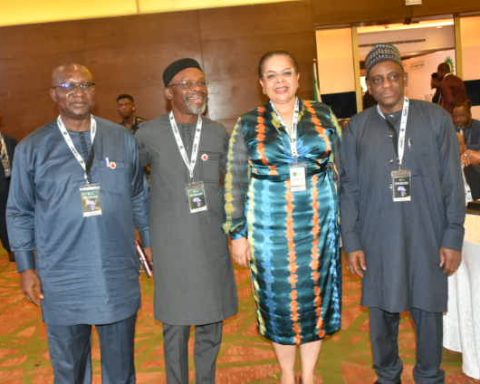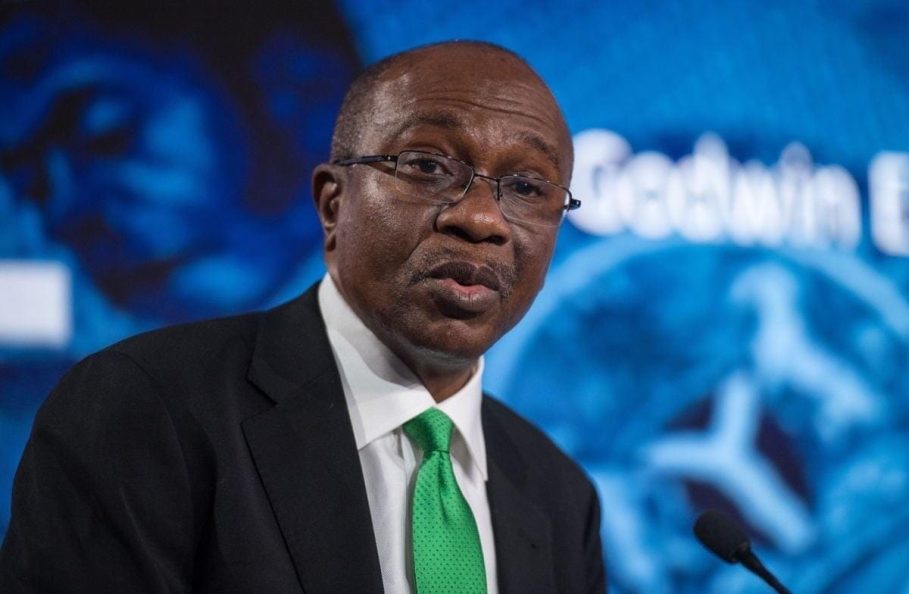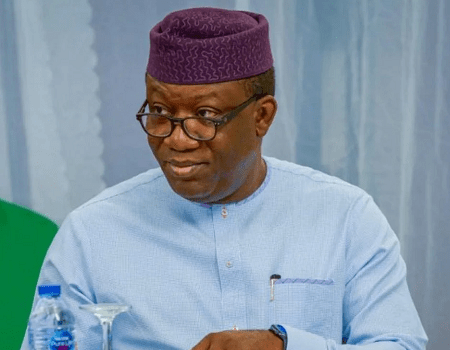On Tuesday evening, November 30, 2021, the opening session of the 5th edition of Prime Business Africa’s Socio-Economic and Entrepreneurship Development Series (SEEDS) was held virtually.
The event was well-attended, so much so that some attendees had to queue up for a couple of minutes.
Join our WhatsApp ChannelThe SEEDS conference has always been an indelible event, with a special interest in the SME sector of Nigeria and Africa, providing a platform for business owners to garner views from economic and financial experts across the world.
Indeed, the fifth edition of Prime Business Africa’s SEEDS has been tagged the best of its kind with the theme: ‘AfCFTA and Business Startups in Africa: The Risks, The Opportunities.’
In his speech, Publisher and Editor-in-Chief of Prime Business Africa, Dr. Marcel Mbamalu, said the AfCFTA was designed to favour SMEs in Africa.
According to him, SMEs are providing more than 80 per cent of employment and 50 per cent of the continent’s Gross Domestic Product (GDP).
“The signing of the treaty and its eventual takeoff on January 1 created potential benefits. With the continent having a market size in the region of $3 trillion, the AfCFTA will cover GDP of $2.5 billion of the market.
“There are bound to be impending challenges especially those which affect SMEs,” hence, the thrust of the discourse was how the start-ups could take the benefits of AfCFTA and mitigate the challenges.
On his part, Ambassador Ejeviome Eloho Otobo, the moderator of the discourse, said the AfCFTA would dramatically improve intra and inter-African trade and grow the continent’s Gross Domestic Product (GDP) to $420 billion by 2025.
Otobo noted that AfCFTA agreement has reached 87.6 per cent on the convergence of rules of origin with 39 out of 55 African countries having ratified the treaty.
He said: “Among the expected benefit of the African Continental Free Trade Area are these: One, the AfCFTA will dramatically improve both intra-African trade and inter-African trade.
“Projections by the Economic Commission for Africa and the International Monetary Fund (IMF), show that AfCFTA will reduce the number of people living in absolute poverty by 30 million by 2025. As a result of AfCFTA, it’s expected that African GDP will grow by $420 billion dollars by 2025.
“It is also projected that AfCFTA will also result in a $7 trillion market economy by 2030 and $16 trillion market by 2050.
“Now, of course, one cannot trade without production of goods and services. While trade is often described as the engine of growth, businesses, in particular, private enterprises are the drivers of production and value addition.”
Commenting on the AfCFTA agreement, the lead speaker, Nze Chidi Duru who is the Chairman of Grand Towers Ltd, said it would allow free movement of goods and services across African borders and low or no tariff incentives to encourage economic cooperation and development on the continent, just like in other regional blocs like the European Union, Asia, Latin America, and others.
Duru said: “With the effective take-off of AfCFTA on January 1, 2021, smart and forward-looking entrepreneurs have signed up to the letter and spirit of AFCTA and begun to explore ways on how to derive benefits as a result, securing partnership deals and product off-take contracts across the continent—at a level never seen before.”
Also speaking, the regional Director, Ford Foundation West Africa, Dr. Chichi Aniagolu-Okoye, said trust and honesty are essential attributes that individual businesses, especially start-ups, should imbibe to be able to meet and have business deals with potential merchants and investors across the world.
Aniagolu-Okoye explained that many African goods exported are returned because of substandard quality, and some engage in unethical conducts of exporting fake commodities which makes them lose trust.
Speaking on the import of AfCFTA on the status of women in Africa, an international development strategist and educationist, Dr. Bunmi Oyinsan, argued that the agreement does not address how women are impacted in terms of access to economic opportunities and empowerment in implementation.
Oyinsan, however, called for studies on the impact of AfCFTA on women SMEs, gender analysis of the overall impact of AfCTA on women and how will the agreement impact food production with regard to the role of women in it.
Commenting on the role of institutions in paving way for implementation of the AfCFTA, Obi Emekekwue, President, DelReeve Konsult Limited and the former Director and Global Head of Communications and Events Management at Afreximbank, said those who spearheaded the formation of AfCFTA knew that it would have an impact on countries, some positive and negative.
For that, he said that Afrexim Bank has set aside $1 billion adjustment funding to help countries cushion the impact.















